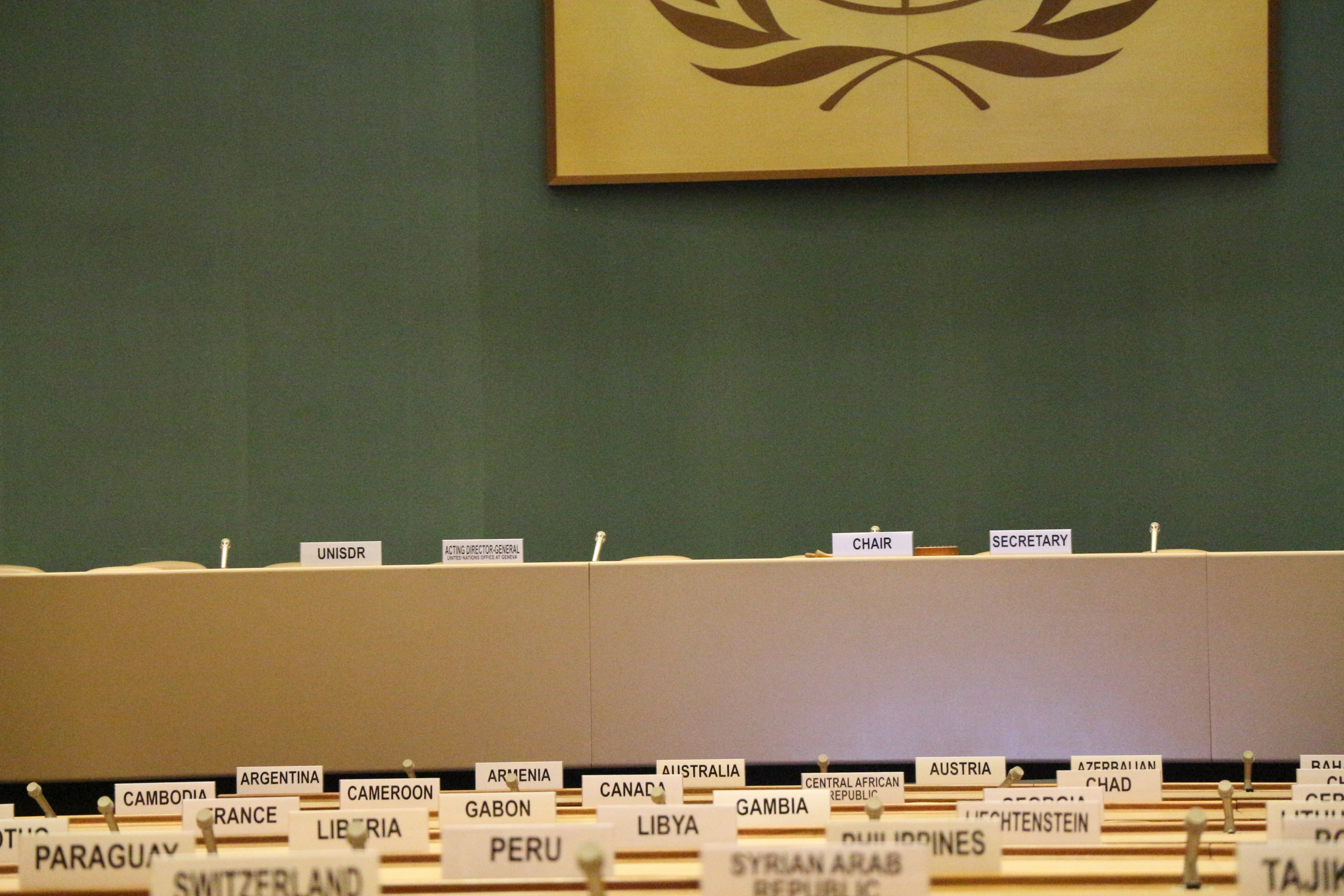Reporting to the UN Committee
How does the Children’s Commissioner hold the Government of Jersey to account?
The UN Convention on the Rights of the Child (UNCRC) was extended to Jersey in 2014, meaning that the States of Jersey committed to protect, respect and fulfil children’s rights and to be assessed by the United Nations on its progress through a monitoring and reporting process. The role of the Children’s Commissioner is an important part of that process.
This reporting process is underway, and the Children’s Commissioner for Jersey has made a submission to the UN Committee on the Rights of the Child, highlighting key issues for children in Jersey. The Commissioner’s report will inform the Committee’s preparation of a List of Issues Prior to Reporting (LOIPR), which are areas that the Committee will ask the Government of Jersey to report on their progress.
The Commissioner is publishing the report on Human Rights Day, the day the United Nations General Assembly adopted the Universal Declaration of Human Rights in 1948. Jersey has made real progress on human rights and children’s rights in recent years, and it is important that progress continues. The Government Plan will soon be debated and offers a meaningful opportunity to better protect, respect and fulfil children’s rights in Jersey, and it is hoped that this report will inform this important debate around government priorities and the all-important resources to make change happen.
The Commissioner took into account a range of information, data and evidence when preparing the report, including issues that children have highlighted as being barriers to their rights. NGOs in Jersey also shared their insights from working with children and families, which informed the final report.
The Commissioner’s submission highlights a range of issues affecting the rights of children in Jersey and invites the Committee to request information from the State on these issues within its forthcoming LOIPR. These include poverty, bullying, education, housing and health, and highlights the impact of Covid-19 on children’s mental health and household finances.
In the report, the Commissioner invites the Committee to ask the State to provide information on range of children’s rights issues, including the following:
- Measures to tackle poverty, including support for families who do not qualify for income support but who have been severely impacted by the Covid-19 pandemic. This includes actions the state is taking to tackle food insecurity, promote access to healthy food and activities, and how this will feature in Covid-19 recovery planning
- Measures to support children’s right to an adequate standard of living, including the availability of adequate housing, and what steps the state is taking to end practices which discriminate against children and families with regards to housing
- Protecting all children’s right to health, including access to GPs and dentists
- Detailed information about the full range of measures being taken to ensure that mental health support in Jersey is consistent with children’s rights and upholds children’s right to the highest attainable standard of mental health, including combatting the negative impact Covid-19 has had on children and young people’s mental health
- Ensuring that every child is supported to fully enjoy their right to education in Jersey, including access to support for children with special educational needs and efforts to tackle school exclusions and bullying
- Efforts the state is making to recruit and retain specialised staff, including social workers, to support children in care, and how the state is ensuring that care experienced children are supported to maintain family relationships with their siblings and parents, including for those cared for off-island
- How children’s views are sought and listened to in all decision which affect them
- What action the state takes to ensure that the best interests of all children in Jersey are promoted
- Whether the state will raise the minimum age of criminal responsibility in line with international minimum standards, and what deliverable outcomes following on from the Youth Justice Review will be achieved and by when
- Support for children who do not speak English or who do not meet visa requirements to participate in education, and how the state will protect children’s right to non-discrimination on the grounds of their religion
To read the full report, click on the link below
Information Centre
- Annual reports
- Call for written evidence
- International
- Legislative Gap Analysis
- Performance and governance
- Reporting to the UN Committee
- Research, papers and resources
- Responses and advice to Government and Scrutiny
- Strategies and plans
- UN Day of General Discussion
- Youth Manifesto 2022
- Help your child with storm anxiety


